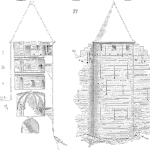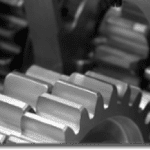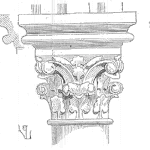
Guest Post by Keith Ridgeway (first posted on CERM ® RISK INSIGHTS – reposted here with permission)
Every day we are exposed to all types of hazards, but what really makes these hazards become risks.
For the past 30 years, I’ve been involved in one way or another, investigating the root causes of failure modes be it a system, process, person, plant or product. During this time I’ve applied different problem-solving tools like “FMEA, 8D, 5Whys, FEA’s, DMAIC etc” in order to find the true root cause of this failure mode. Only to get frustrated, thinking I had found the root cause, only 3 months later a new failure mode would come to the surface. [Read more…]












